Clint Moses, Wisconsin State Representative for 92nd District | www.facebook.com
Clint Moses, Wisconsin State Representative for 92nd District | www.facebook.com
According to the Wisconsin State Legislature's official website, the bill was described as follows: "creating a video game production tax credit and making an appropriation. (FE)".
The following is our breakdown, based on the actual bill text, and may include interpretation to clarify its provisions.
In essence, this bill establishes a refundable tax credit for video game production to encourage development within the state. The credit amounts to 30% of eligible wages and expenditures directly tied to the creation of a video game product, designed for commercial distribution and entertainment. However, expenditures for wages used to claim another credit, royalties, capital outlays, marketing, and administration are excluded. The credit is not available for social media, gambling products, or content deemed obscene. To claim the credit, applicants must operate a business with a physical location in the state, own or seek a copyright for a video game product, and provide verified eligible expenses and audit documentation. Any excess credit beyond the taxpayer’s liability will be refunded starting in tax years beginning after Dec. 31, 2024.
The bill was co-authored by Senator Patrick Testin (Republican-24th District), Representative Elijah R. Behnke (Republican-6th District), Representative Calvin T. Callahan (Republican-35th District), Representative Russell Goodwin (Democrat-12th District), and Representative Rick Gundrum (Republican-58th District). It was co-sponsored by Senator Dan Feyen (Republican-20th District).
Clint P. Moses has co-authored or authored another 36 bills since the beginning of the 2025 session, with none of them being enacted.
Moses graduated from the University of Wisconsin-Stout in 1999 with a BA and again in 2001 from Northwestern College of Chiropractic with a BS.
Moses, a Republican, was elected to the Wisconsin State Assembly in 2025 to represent the state's 92nd Assembly district, replacing previous state representative Treig Pronschinske.
In Wisconsin, the legislative process starts when a senator, constituent, group, or agency proposes an idea for a bill. After drafting, the bill is introduced, numbered, and referred to a committee for review and public input. If approved, it moves through three readings and votes in both the Senate and Assembly. Once both chambers pass the same version, the bill goes to the governor, who can sign it, veto it, or let it become law without a signature. Only a small share of bills introduced each session ultimately become law. You can learn more about the Wisconsin legislative process here.
| Bill Number | Date Introduced | Short Description |
|---|---|---|
| AB204 | 04/23/2025 | Creating a video game production tax credit and making an appropriation. (FE) |
| AB192 | 04/15/2025 | Fatality review teams and granting rule-making authority. (FE) |
| AB180 | 04/15/2025 | Requiring the Department of Health Services to seek any necessary waiver to prohibit the purchase of candy or soft drinks with FoodShare benefits. (FE) |
| AB72 | 02/24/2025 | Ratification of the Driver License Compact. (FE) |
| AB34 | 02/17/2025 | Court-issued criminal complaints in officer-involved deaths |
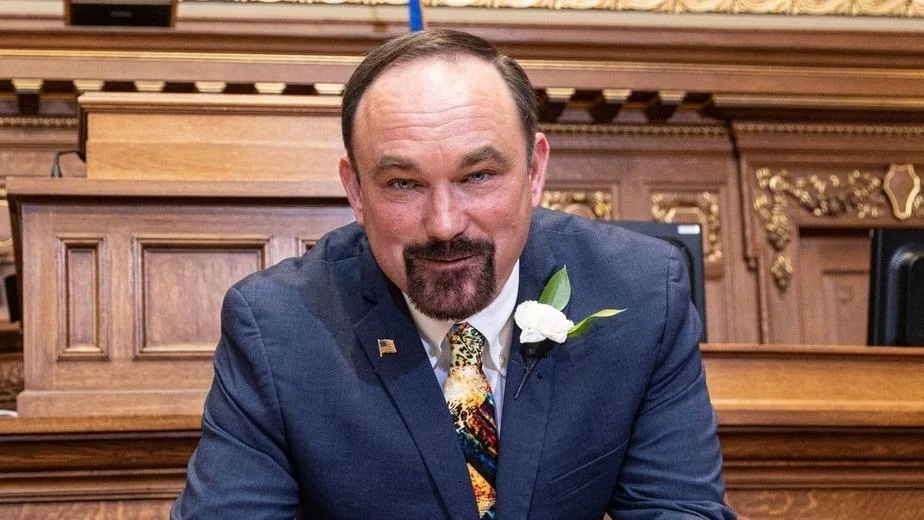
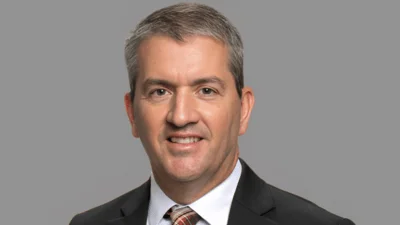
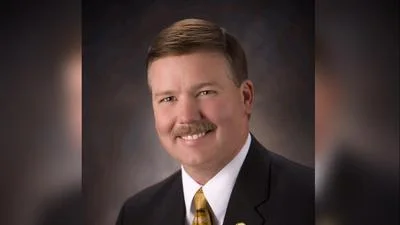
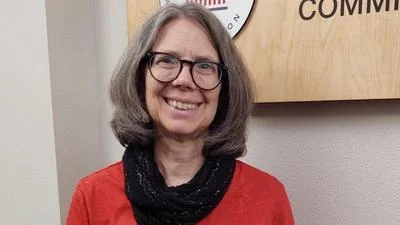
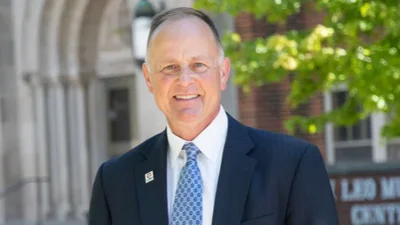
 Alerts Sign-up
Alerts Sign-up